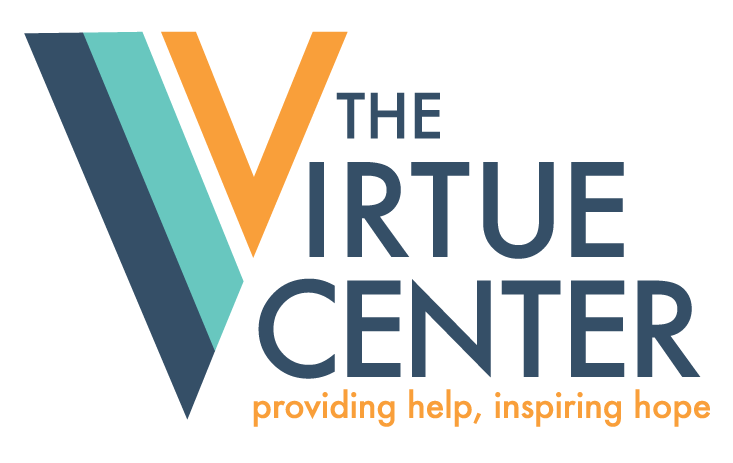THE RED HERRING
Race for the Cure. The Susan G. Komen Foundation. Relay for Life. The Livestrong Campaign. These are all very familiar parts of our culture. I am proud to be a part of a society that has fully embraced advocacy for the treatment of cancer and a deep support and respect for cancer patients.
The reason I draw attention to this is to demonstrate the notable lack of such advocacy and social support for the disease of addiction. What accounts for this difference? I don’t believe that it is simply the result of a less talented marketing team on our part. There is dramatic and crucial difference in how we, as a culture, view diseases like cancer vs. the disease of addiction. And I believe it results from a lack of sympathy for the sufferer of the latter affliction.
The obvious argument is that cancer is a horrible disease that tons of people you personally know have battled. Of course you’d have more sympathy for those patients! Cancer and addiction are in fact incredibly similar diseases. First, they are both tragically common. Almost everyone has someone in their life who has, does, or will battle cancer. And- whether they know it or not- almost everyone could say the same about addiction. Cancer is a terrible, exhausting, and often deadly disease which causes deep physical, emotional, financial, and relational pain for the sufferer. Anyone who’s lived with addiction in any capacity would readily agree that the same is true of their disease. If cancer and addiction are both common, both deadly, and both devastating, then why don’t they both get nationally recognized months, rubber bracelets, and 5Ks?
Because with cancer, we fight the disease. With addiction, we fight the addict.
We do this on a macro level as a society (see: any prison in America), but also on a micro level as individuals. I for one know that I’ve thought, said, and even yelled some things that I didn’t mean (and even if I did, never should have said). I know so many others have found themselves yelling too, becoming momentarily overwhelmed by their fear, anger, and desperation only to feel immensely guilty moments later.
I can’t help but think that people whose loved ones are cancer patients just don’t struggle with those emotional outbursts and the crushing guilt that follows. Why not? They’re also feeling overwhelming fear, anger, and desperation. But they would never direct those feelings AT a cancer patient. They direct it AT cancer. Why? Because they know that the patient is the one who is suffering the most. You see, in cancer, we see the patient as the primary victim of all the pain that the disease brings. In addiction, we see the addict as the primary cause.
This perspective is very important. Not only because it is deeply unfair, but because- I believe- it is the core reason why we are still failing as a nation to adequately address the public health crisis of addiction.
And that’s exactly how Addiction wants it.
I’ll sometimes use a technique with clients where we personify their addiction, depression, or stress. I think of Addiction as the evil villain in a movie. He works very deliberately to carry out his diabolical plan, sometimes taking control of other characters or pitting them against each other to make his job easier.
It’s a smart plan. If I were Addiction, I would want you to attack the addict instead of me. I would want you to allocate no money to treatment and instead build a larger jail. I would hijack the addict’s ability to make choices and use judgement. I would make him unpleasant to live with. I would make him lie, cheat, and steal. Anything to encourage the rest of his society, community, and family to distance themselves from him, because in isolation is where I can do my most damage.
And we all keep falling for it. Every time we buy in to this idea that the addict is the cause and not the victim and act upon that, we are creating the very environment that Addiction needs to thrive: an isolated, criminalized, ashamed community who everyone has forgotten is suffering the most in this equation.
Our country suffers from what we clinicians call a maladaptive cognition; namely, a belief system or set of thoughts that is not helping us achieve what we want. Believing that the addict is our enemy who simply chooses to cause widespread relational and societal destruction and can be punished into not doing so is a belief system that is only keeping us frustrated, hateful, and deeply in debt.
On a macro level, the solution is complicated: our country would require widespread policy changes to truly address the problem and change this believe system which keeps us trapped. But on a micro level, the solution is incredibly easy: it simply involves a restoration of compassion. I’m far from perfect at this (see above). But the more we as individuals lean into that compassion, the more we starve the isolation and shame that addiction feeds off of, the more we’re able to allocate our frustration and weapons against the real enemy.
Sarah Bruhn, M.Ed., LADC Candidate, LPC Candidate
